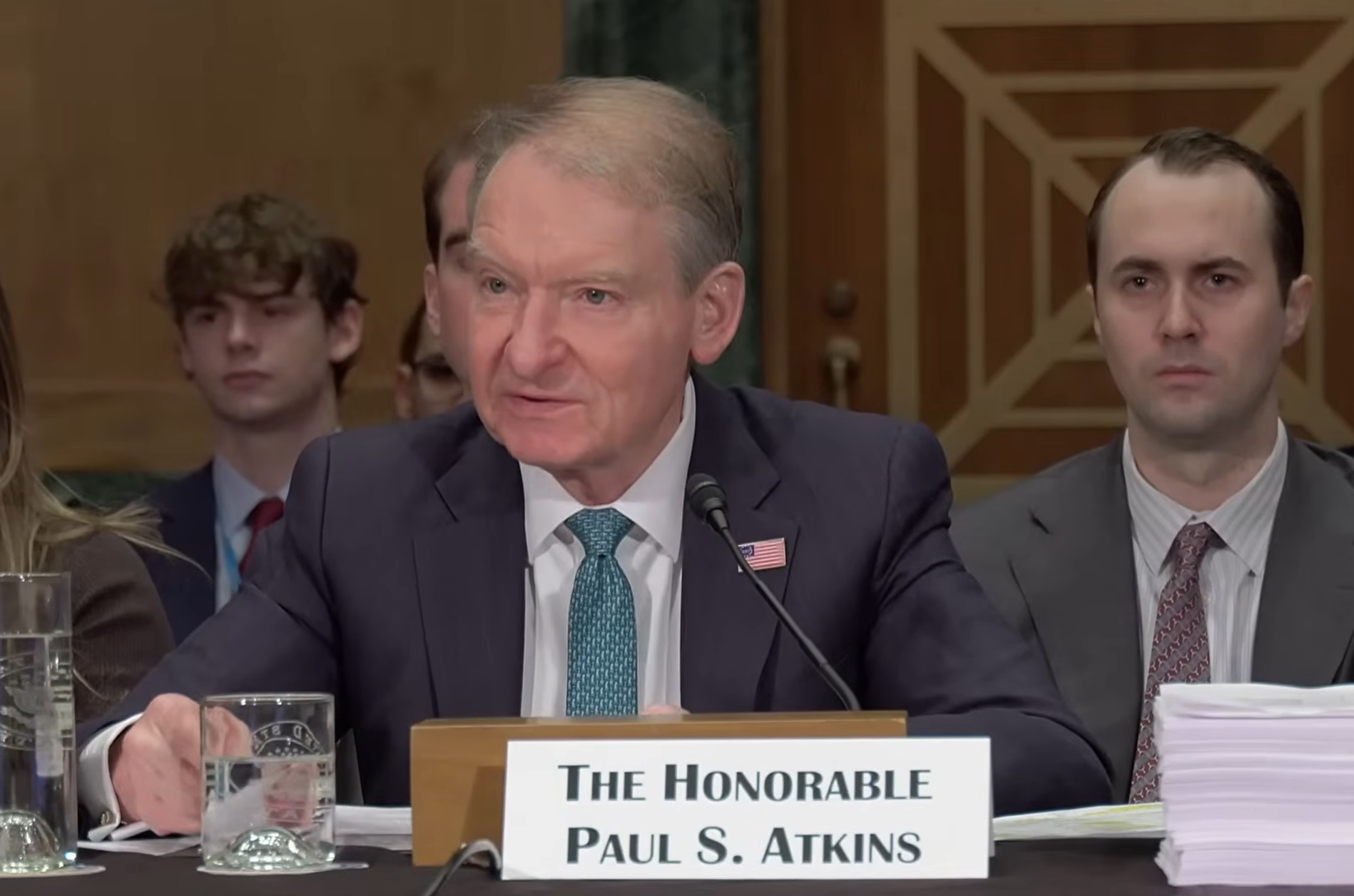More than three-fourths of public company CFOs say that exposure to the public of corporate tax planning has a detrimental impact on their reputation, according to the latest annual global survey of multinational CFOs conducted by Taxand, a global organization of tax advisors to multinational businesses,
2014 saw a substantial increase in international scrutiny on multinationals’ tax planning activity and not just through global initiatives such as Base Erosion and Profit Sharing (BEPS), but across international organizations and individual countries alike. The G20 via OECD and European Commission in particular have placed tax reform high on the agenda.
“We are in an interesting environment at present where, whilst increasing competition between countries to attract investment is driving lower corporate tax rates, political leaders also remain anxious to maintain revenues,” said Frederic Donnedieu, chairman of Taxand. “Often viewed as a popular target, this has culminated in the public naming and shaming of certain multinationals despite them remaining on the right side of the law.”
“Our annual survey demonstrates that multinationals feel caught in the crossfire, as they prepare for the post BEPS world. Companies have changed their corporate growth strategies due to increasing scrutiny and over half have seen an increase in tax audits instigated by tax authorities in the past year. The survey also supports that tax authorities have continued to hone in on cross border taxation issues such as transfer pricing and inversions.
Multinationals have increasingly found themselves thrust into the limelight, whether it be in relation to corporate inversions or for having ‘sweetheart’ deals with tax authorities. As shown by this year’s survey, the growing impetus for tax reform and scrutiny is having significant implications for multinationals.
The Taxand Global Survey was conducted among multinational corporations in Europe, the Americas and Asia. Among the key findings:
Reputation under fire: multinationals stuck in a ‘lose, lose’ situation:
- 77% say that exposure to the public of corporate tax planning has a detrimental impact on reputation
- 63% say the regular political discussion around potential new tax measures is causing confusion and uncertainty amongst business decision makers
Politics and public opinion are shaping the future of multinationals:
- 60% have seen an increase in the number of audits undertaken by tax authorities in the past year
- 40% say increasing tax scrutiny has made them change their corporate growth strategy in particular countries
BEPS – the new frontier:
- 80% say tax initiatives to fundamentally reform international tax architecture are desirable
- 83% think increasing global tax transparency will increase the cost of compliance
Cross border taxation issues continue to trouble multinationals:
- Transfer pricing seen as having the most significant increase in scrutiny over the past year
- 68% of respondents feel the increasing trend of corporate inversions will lead to increased competition between tax regimes
Increasing competition in a harmonised environment:
- 83% feel tax competition will increase over next 5 years and 76% think BEPS will make countries more competitive from a corporate tax rate perspective
Tax still high on Board agendas:
- 67% say that tax issues are on their Board agenda to a great extent or to some extent
“As governments and politicians continue to, very publicly, shake up tax reform, multinationals remain an easy target,” Donnedieu added. “With this in mind, it has never been more important for multinationals to be confident in their tax planning and to demonstrate that their activities are founded on commercial and business substance.”
Thanks for reading CPA Practice Advisor!
Subscribe Already registered? Log In
Need more information? Read the FAQs
Tags: Accounting, Tax Planning




